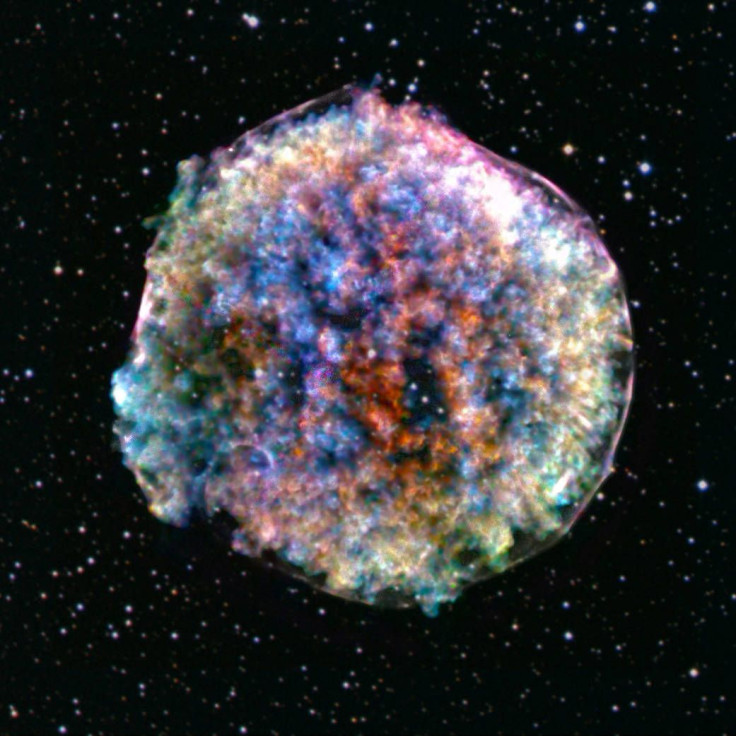How Supernova From Nearby Star Would Destroy Earth

An expert revealed that if a nearby star went supernova, the blast from its death would be powerful enough to destroy the planet. He noted that the amount of energy that would hit Earth would be equivalent to about 10 atomic bombs.
From Earth’s view, Sirius B is known as the brightest star in the sky. It is located in the constellation Canis Major and is about 8.6 light-years from Earth.
Recently, Sirius B became the subject of a scientific discussion at the question-and-answer website Quora. For the discussion, experts discuss what would happen to Earth if Sirius B suddenly died and went supernova.
According to astrophysicist expert Calvin Belk, it would be possible for Sirius B to go supernova once it acquires enough mass to do so. Once this appears, the star’s explosion would produce a very bright flash in the sky, which would take about 9 years to reach Earth.
The bright light from the supernova would dominate the night sky for decades. Then, 70 to 75 years after the star’s death, Earth would get hit by the blast of the supernova. Belk noted that the blast that would hit Earth would be equivalent to 10 atomic bombs that were dropped on Hiroshima, Japan in World War II.
“Most of the energy of the supernova would be at the very front edge of the nebula and it would hit the earth with a blast about equal to 10 Hiroshima sized bombs for every square kilometer of the earth’s surface that’s facing Sirius when it hits,” Belk wrote on Quora.
Aside from this, Belk noted that the supernova would completely obliterate Earth’s atmosphere. It would also send a powerful shock wave across the planet’s surface, killing and destroying everything in its path.
“A good portion of our atmosphere would be blown away into space and the side of the earth facing the blast would be all but sterilized instantly,” he stated. “The other side of the Earth wouldn’t fare much better. As the shock from the blast traverses the globe at the speed of sound, it would kill just about everything on land and in the oceans.”
According to Belk, this type of massive cosmic event would cause a complete extinction event on Earth and leave the planet uninhabitable.
© Copyright IBTimes 2025. All rights reserved.





















